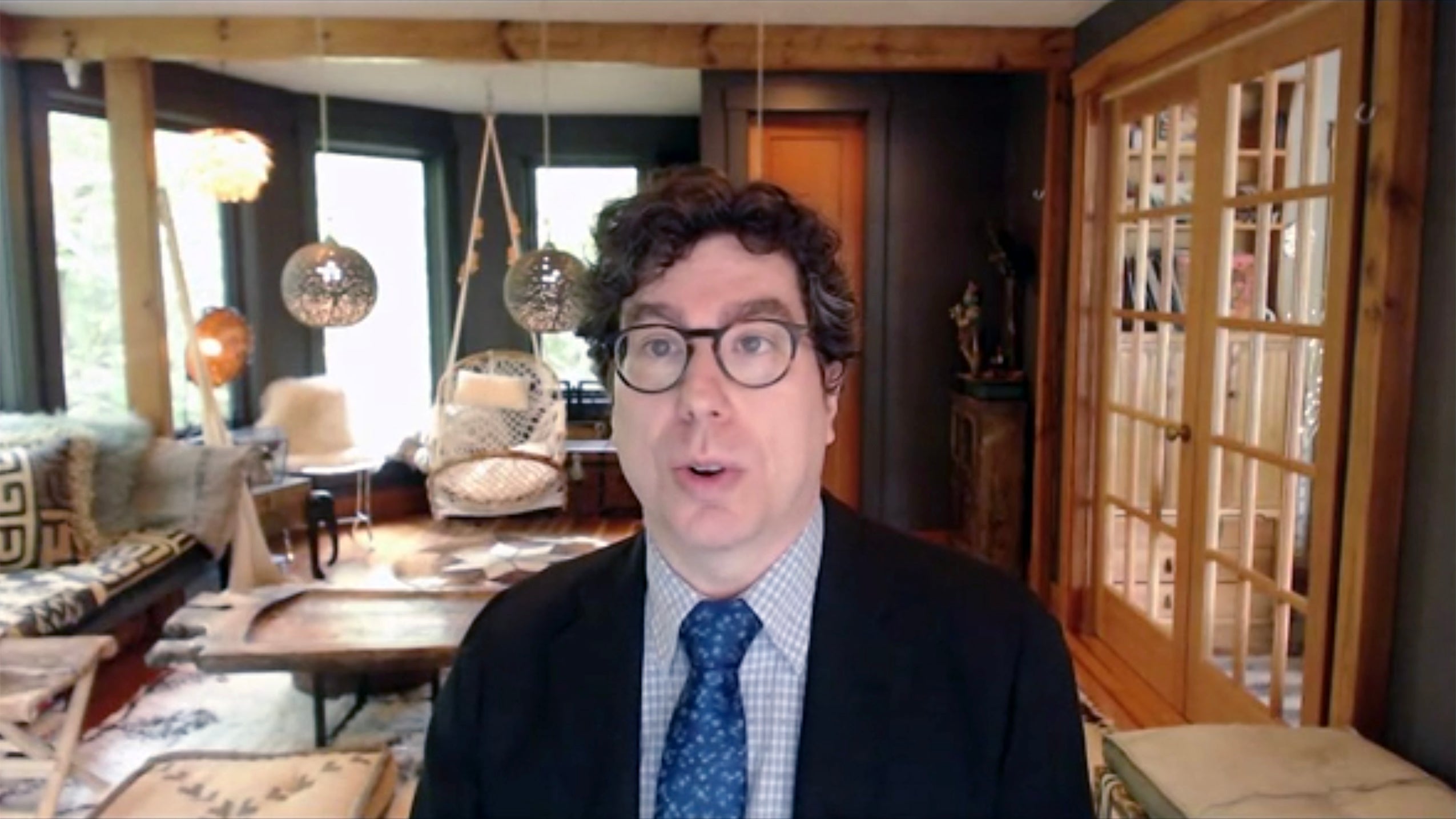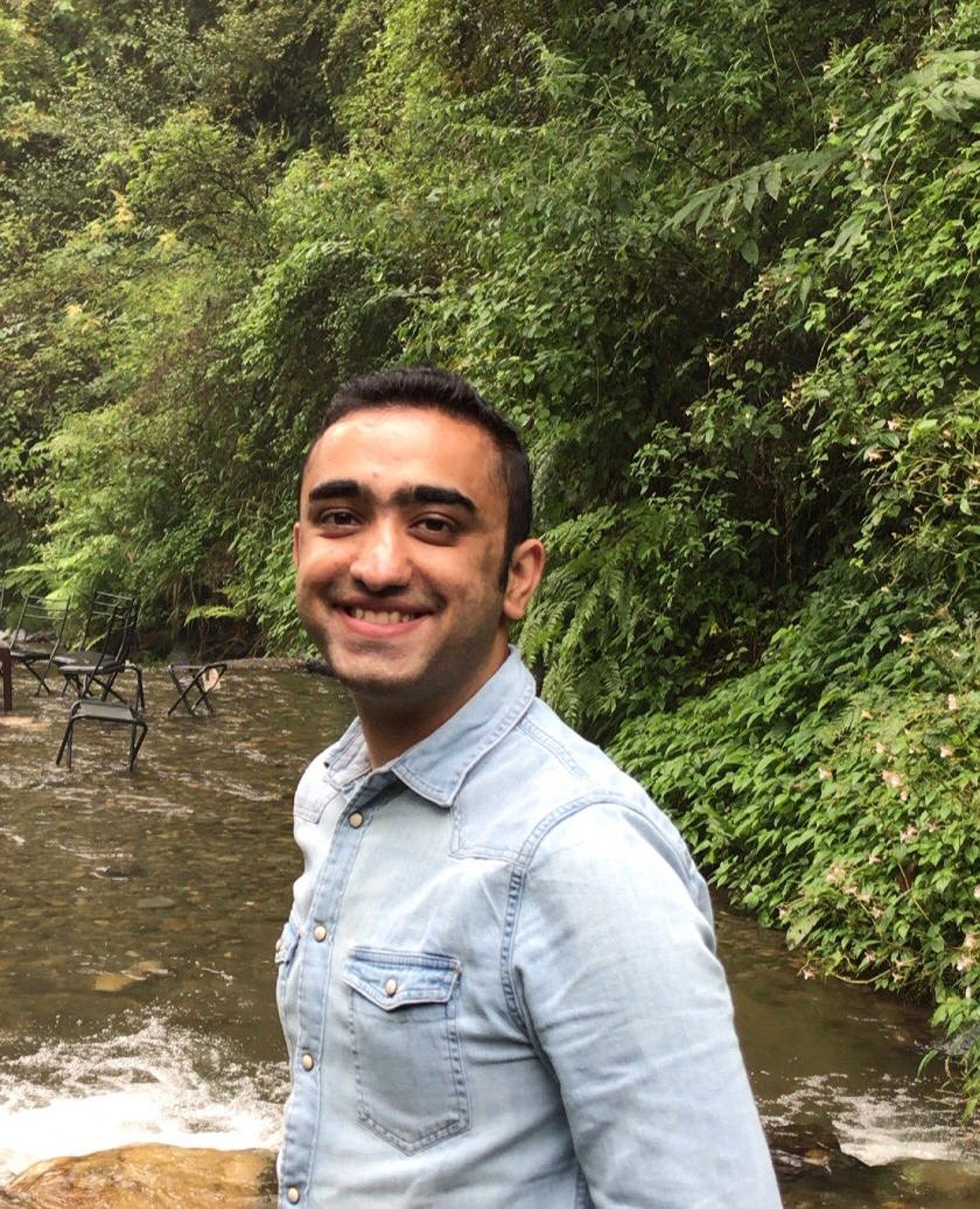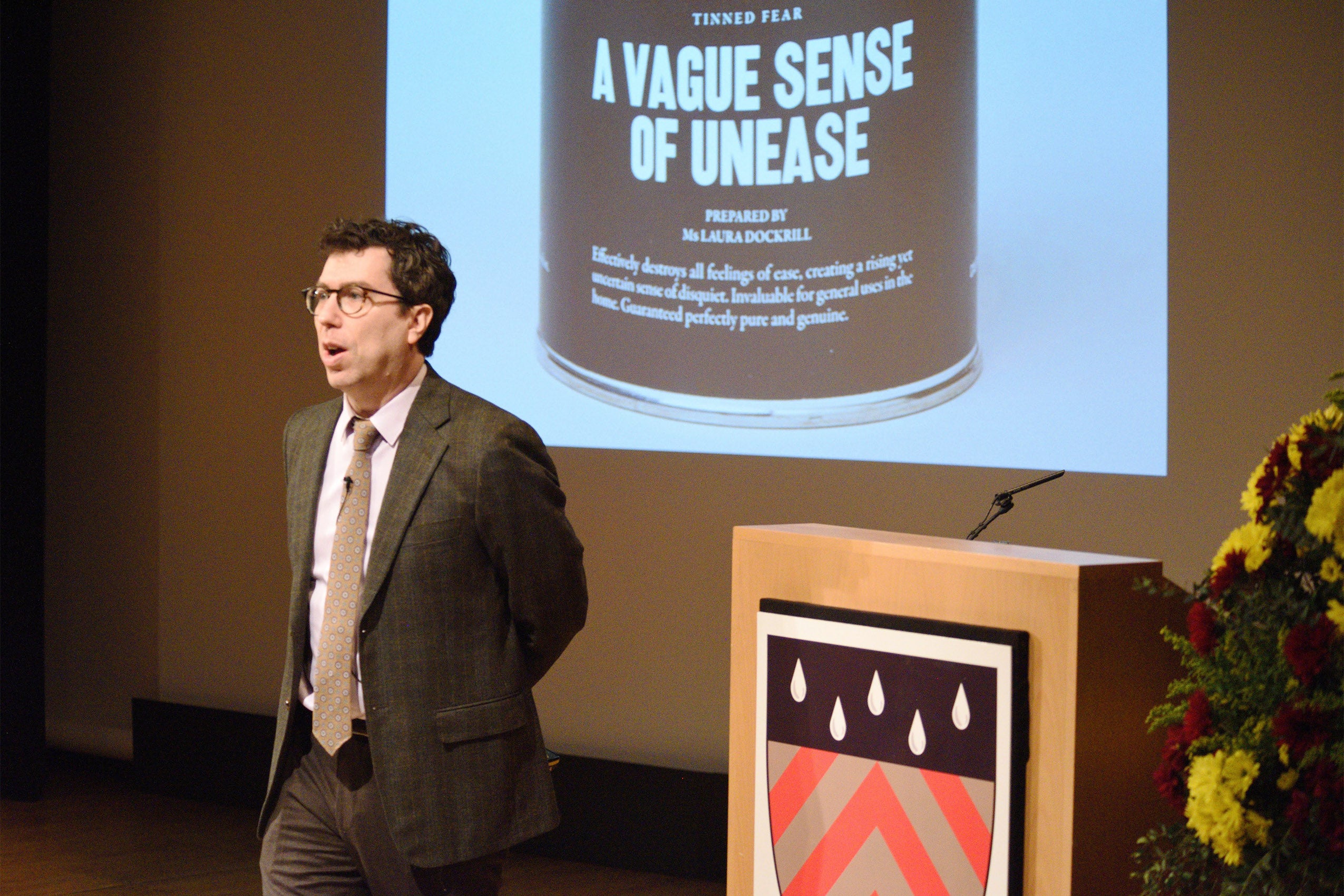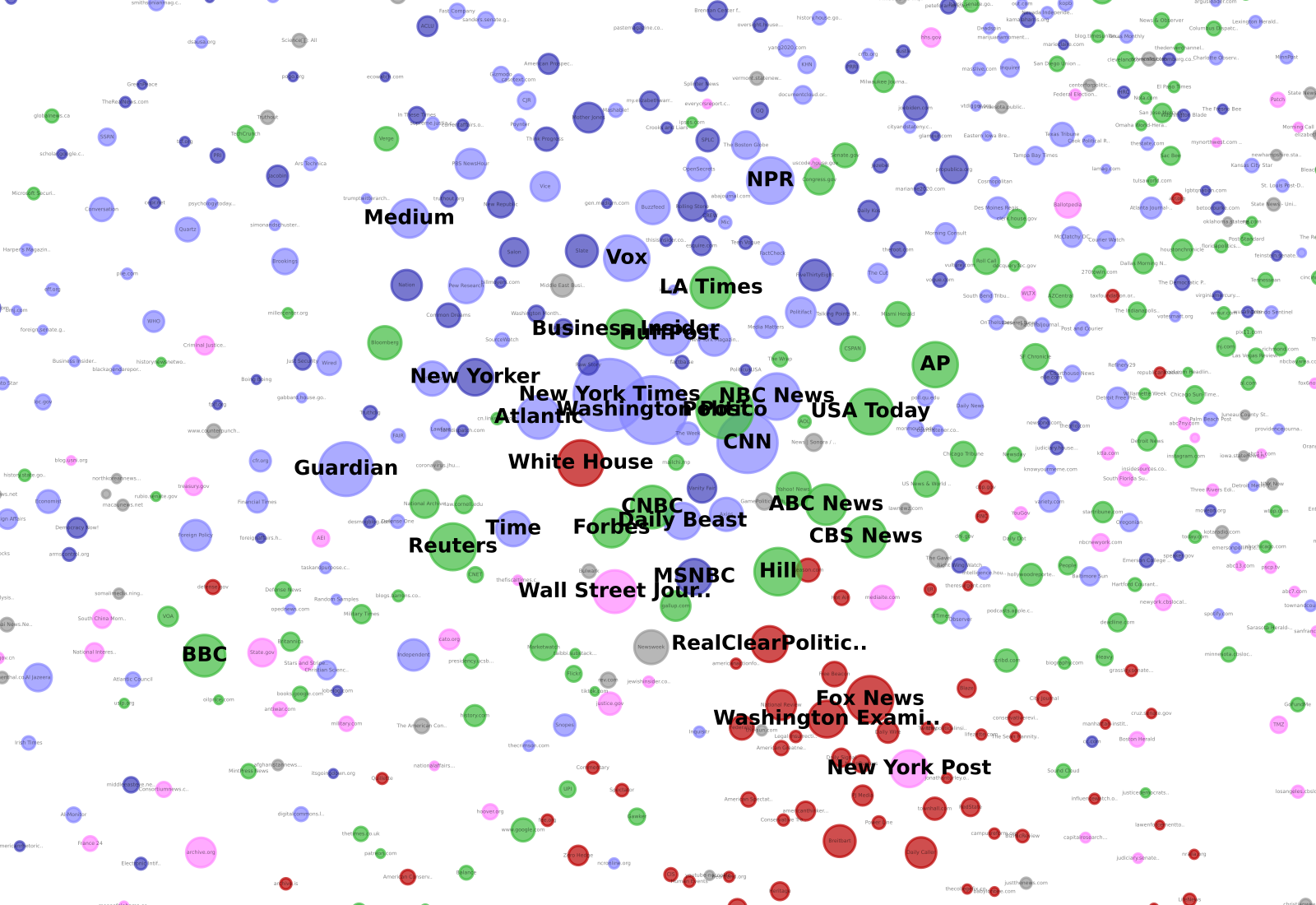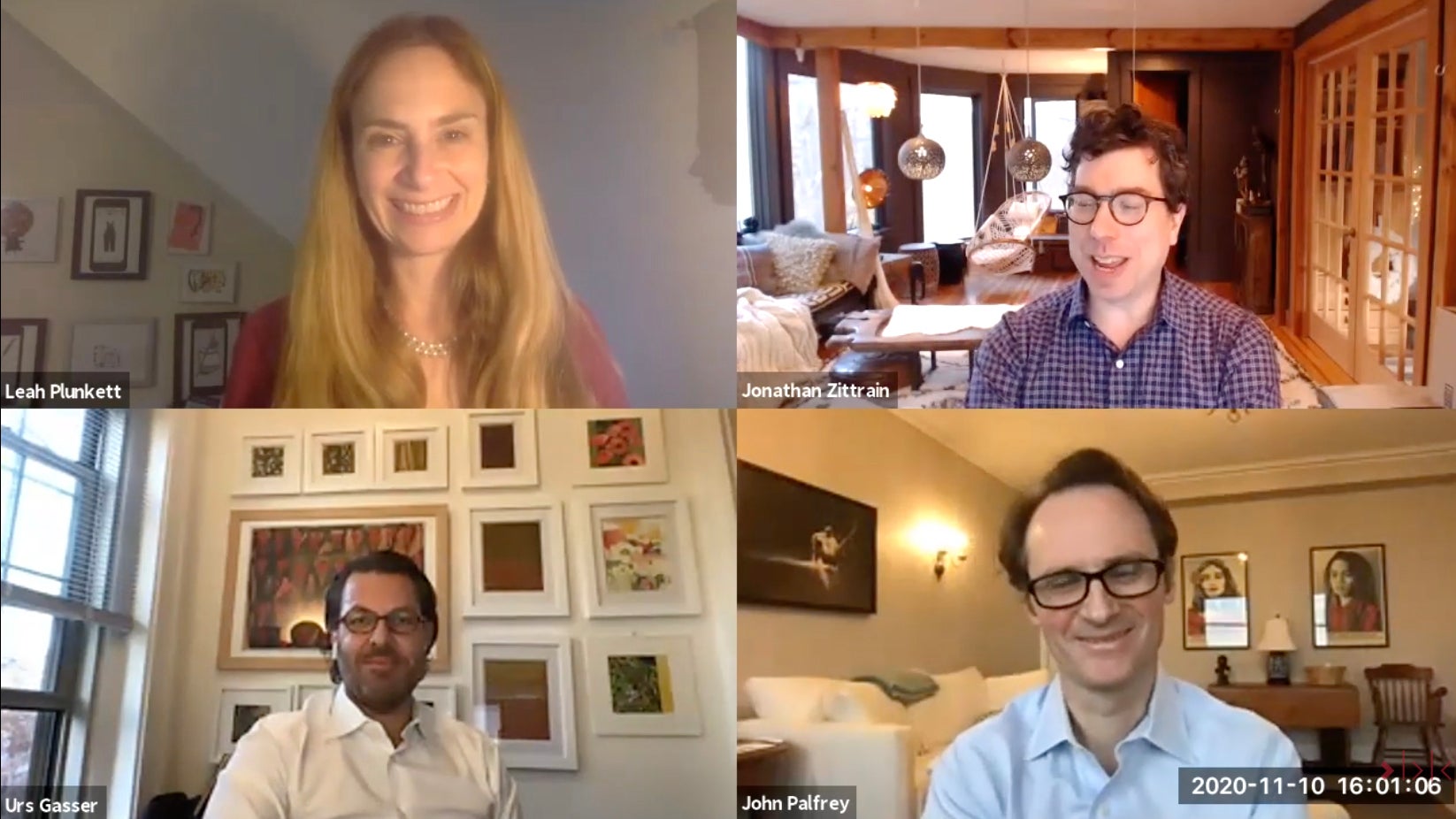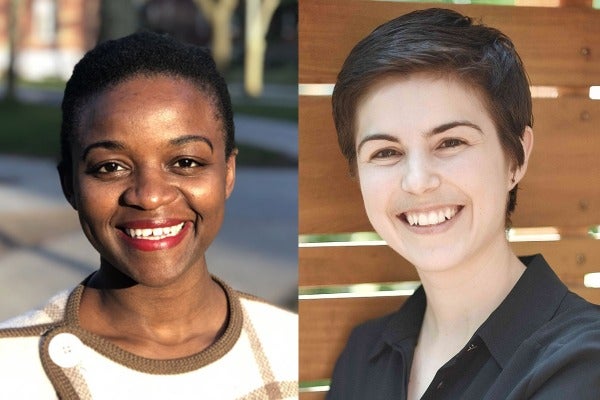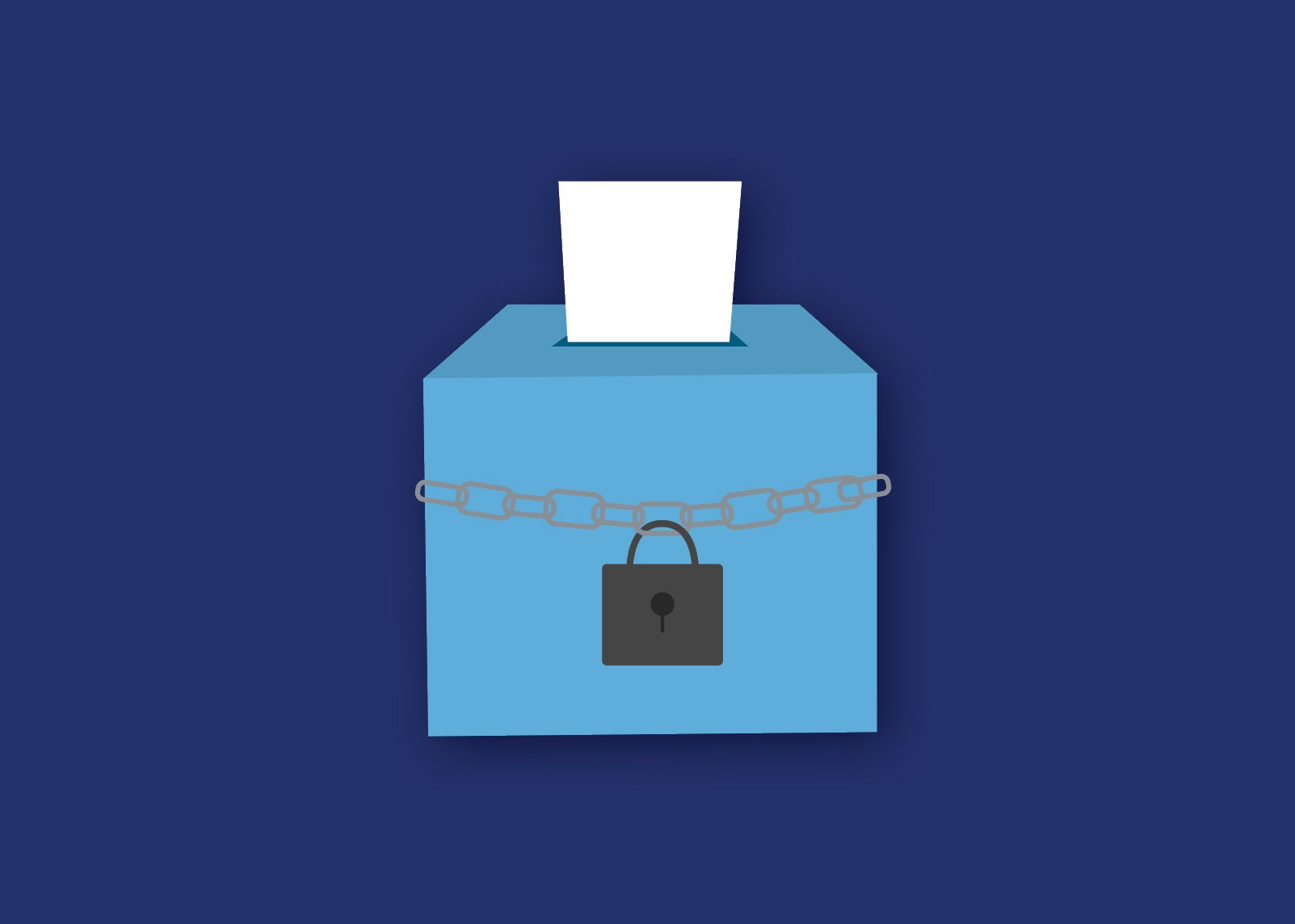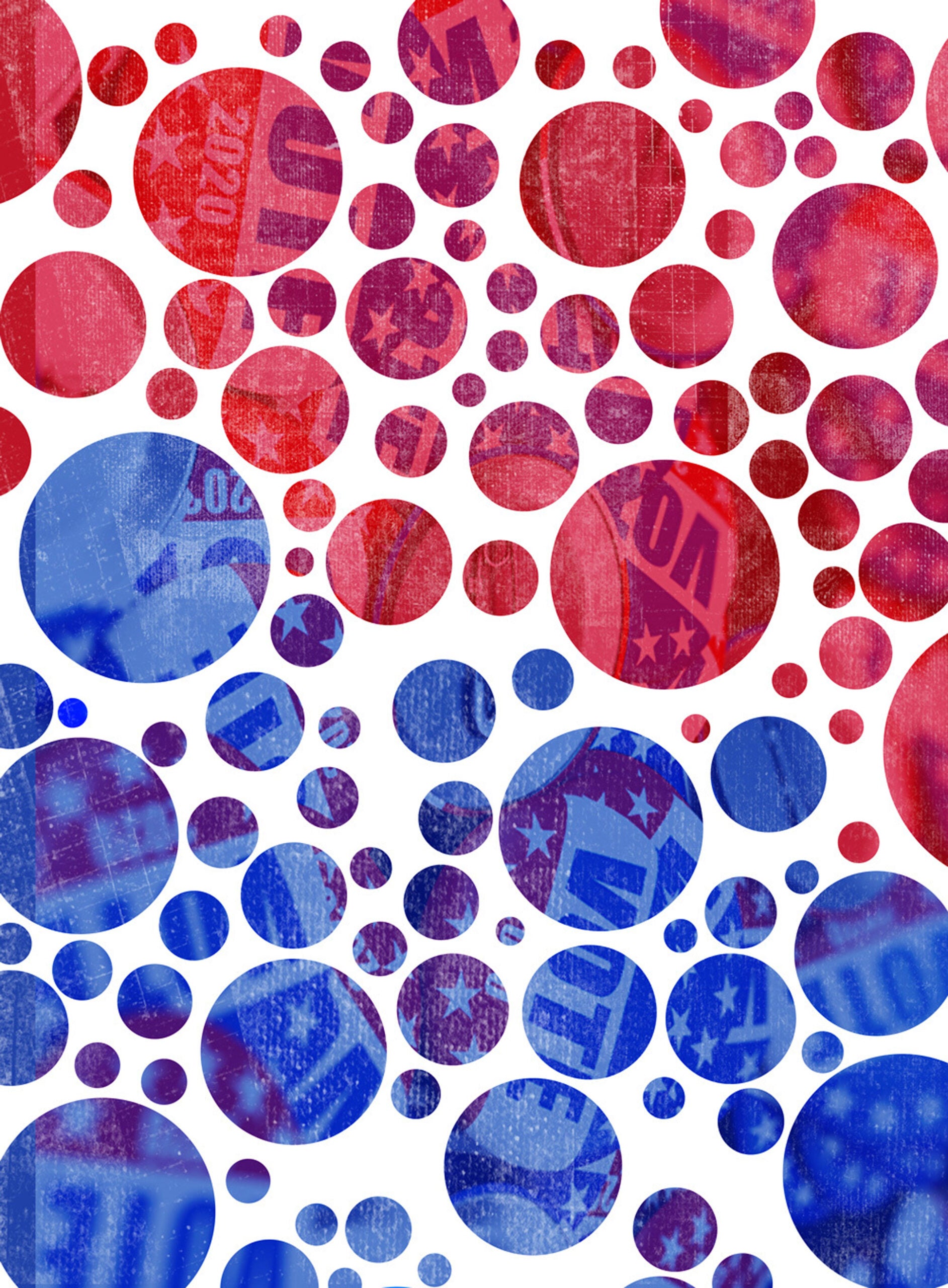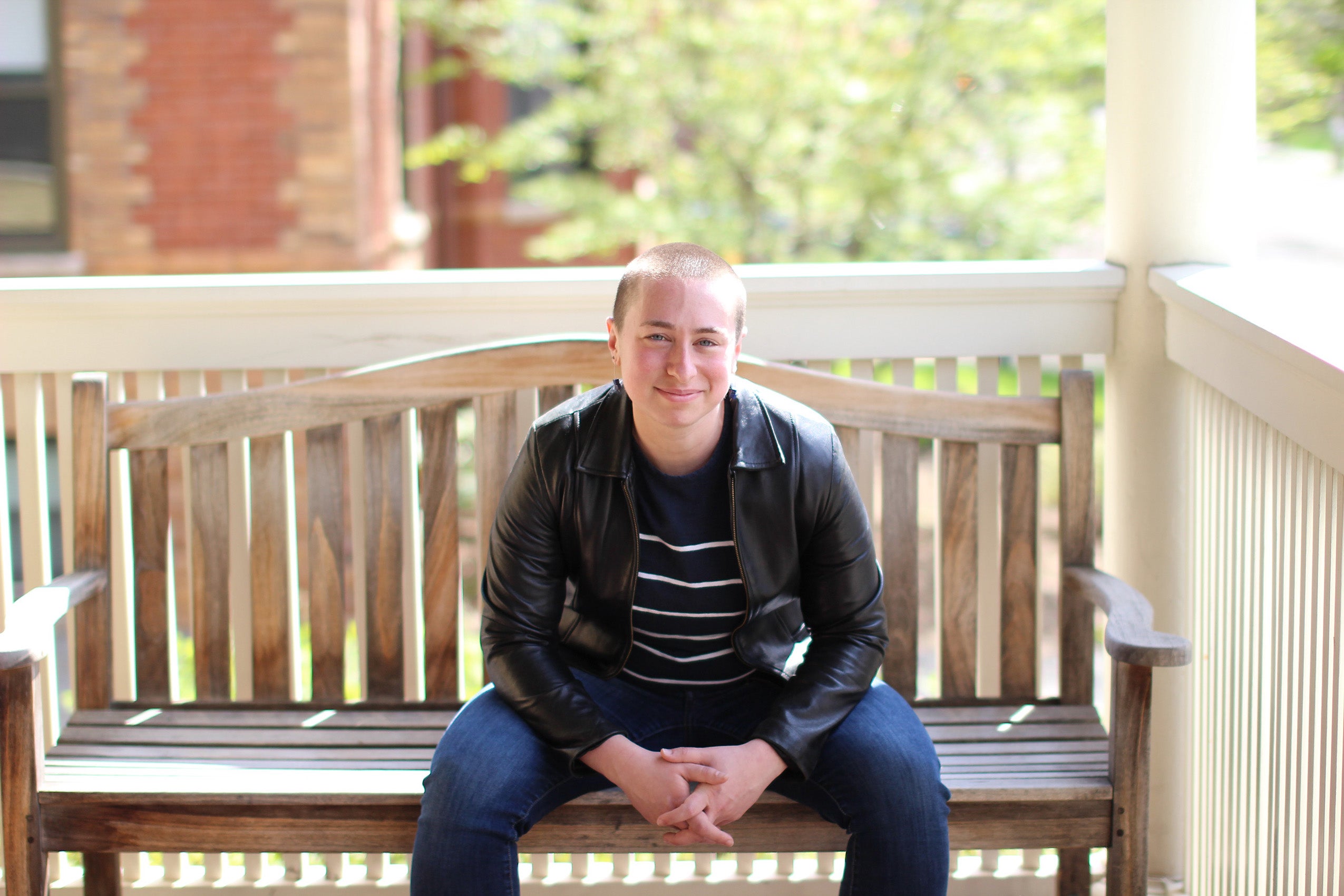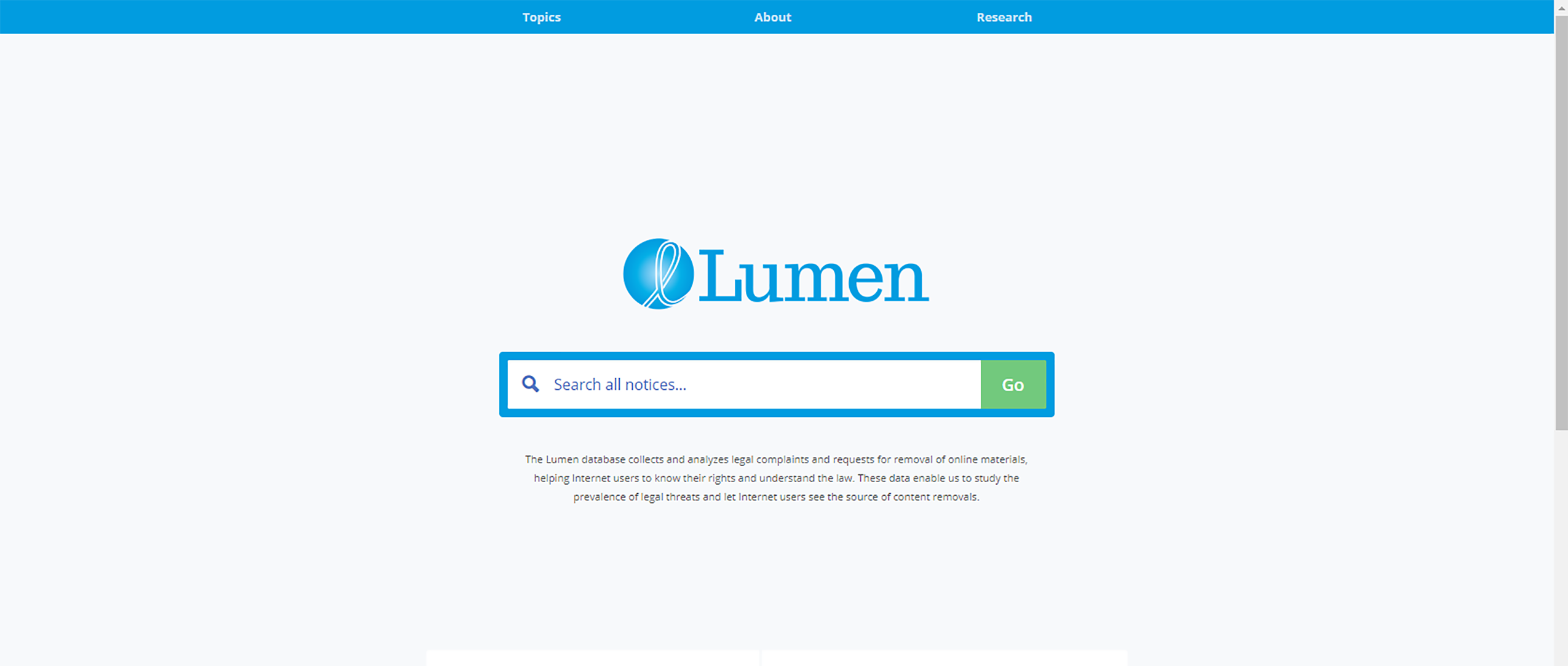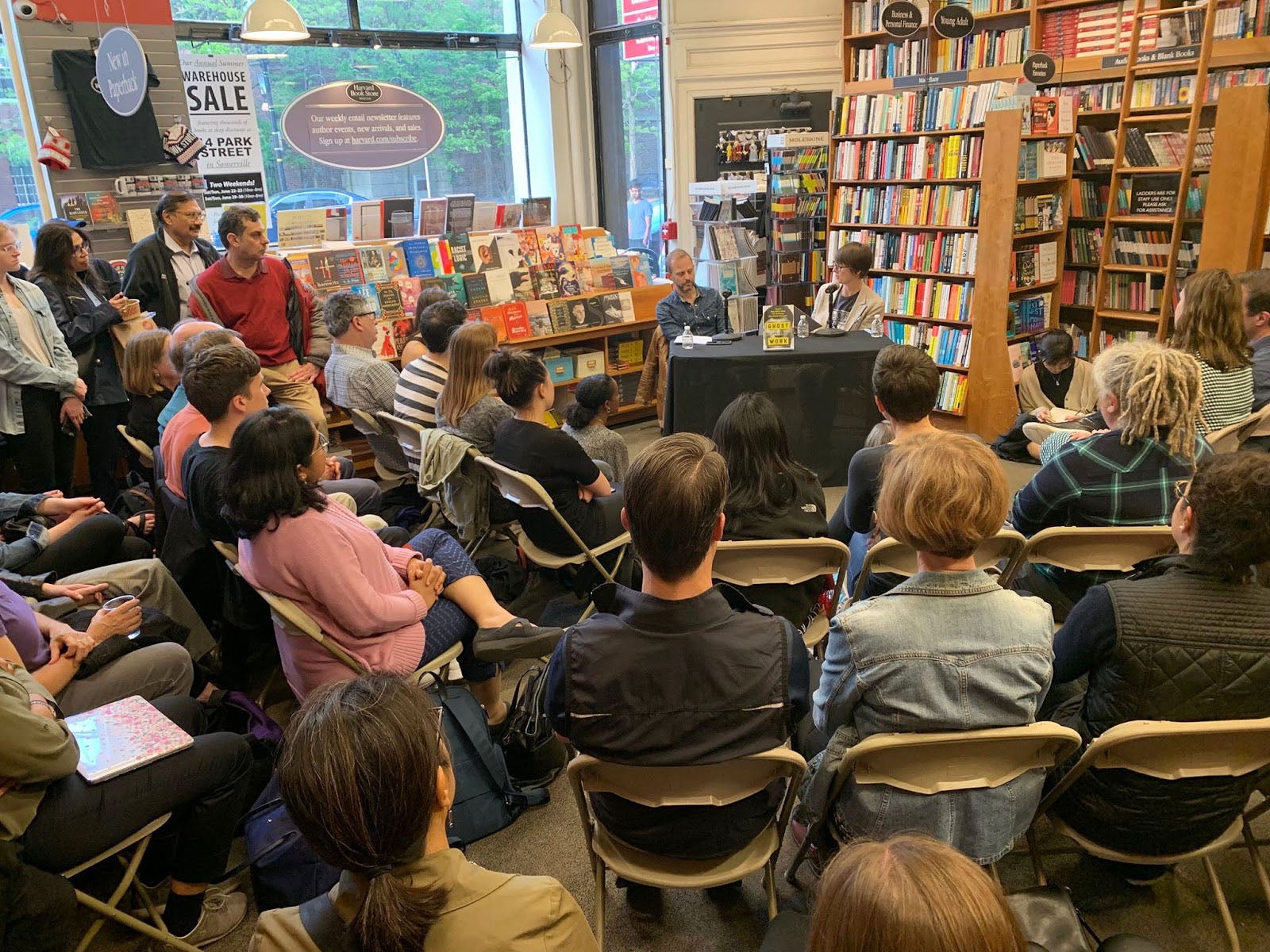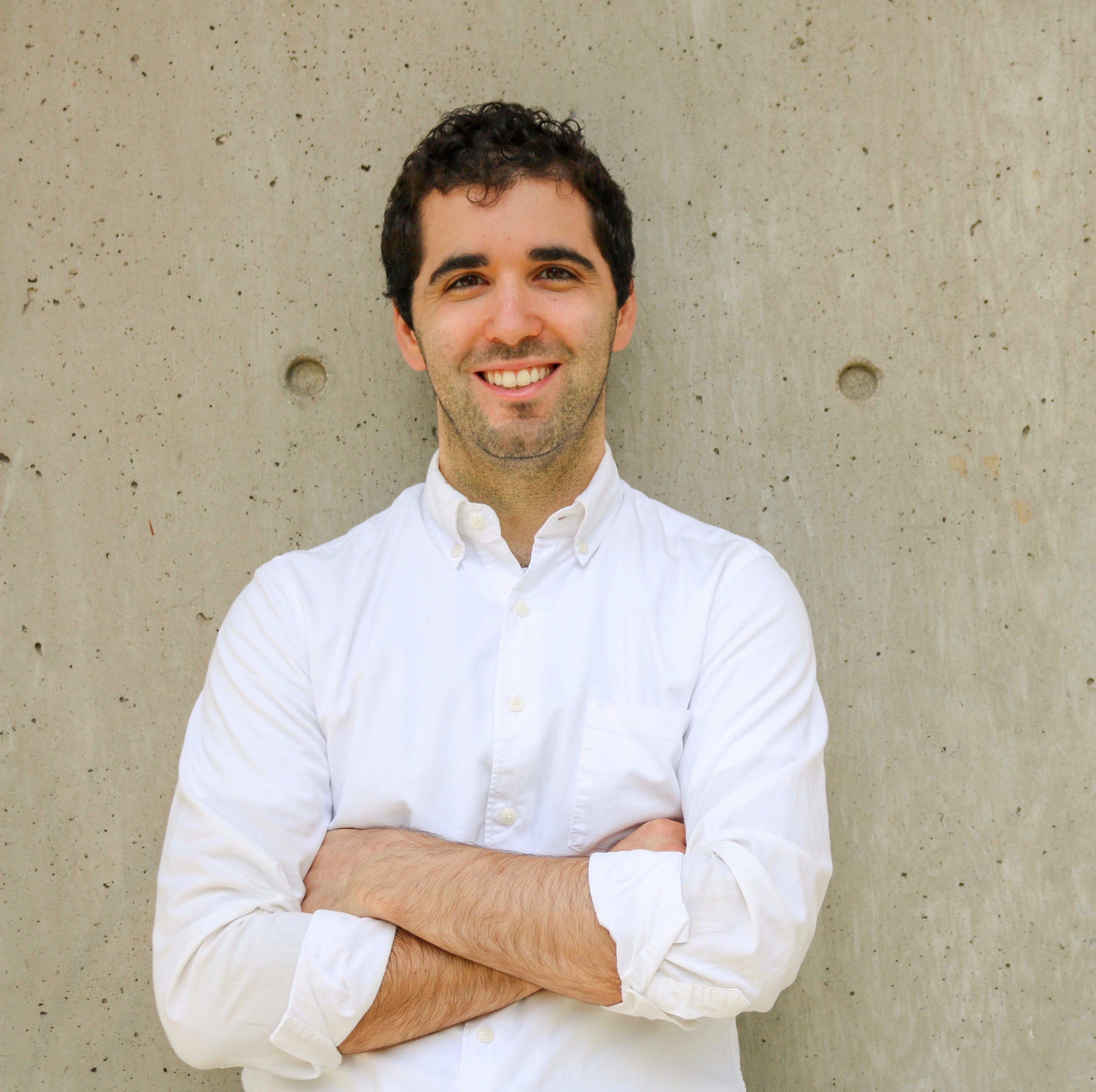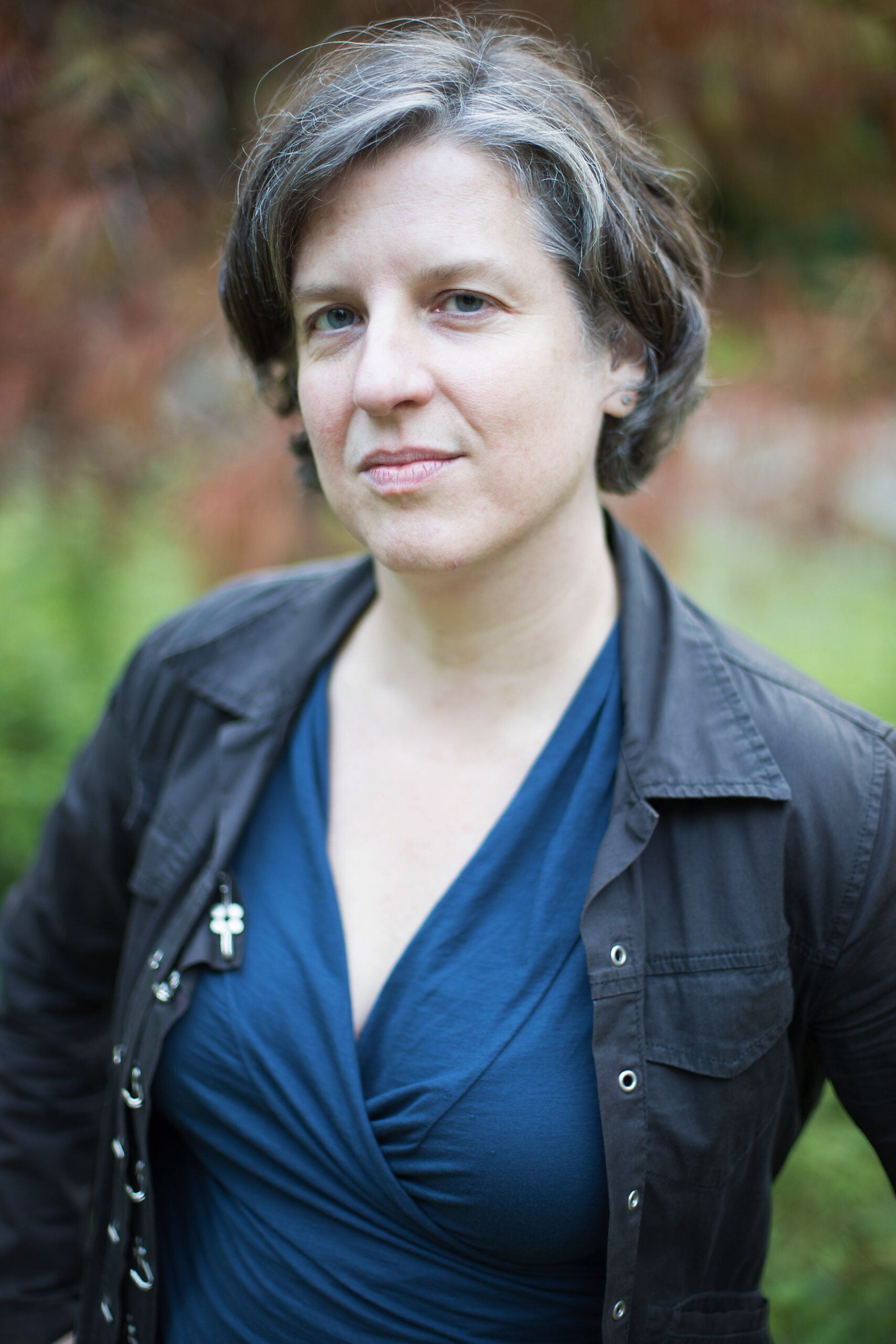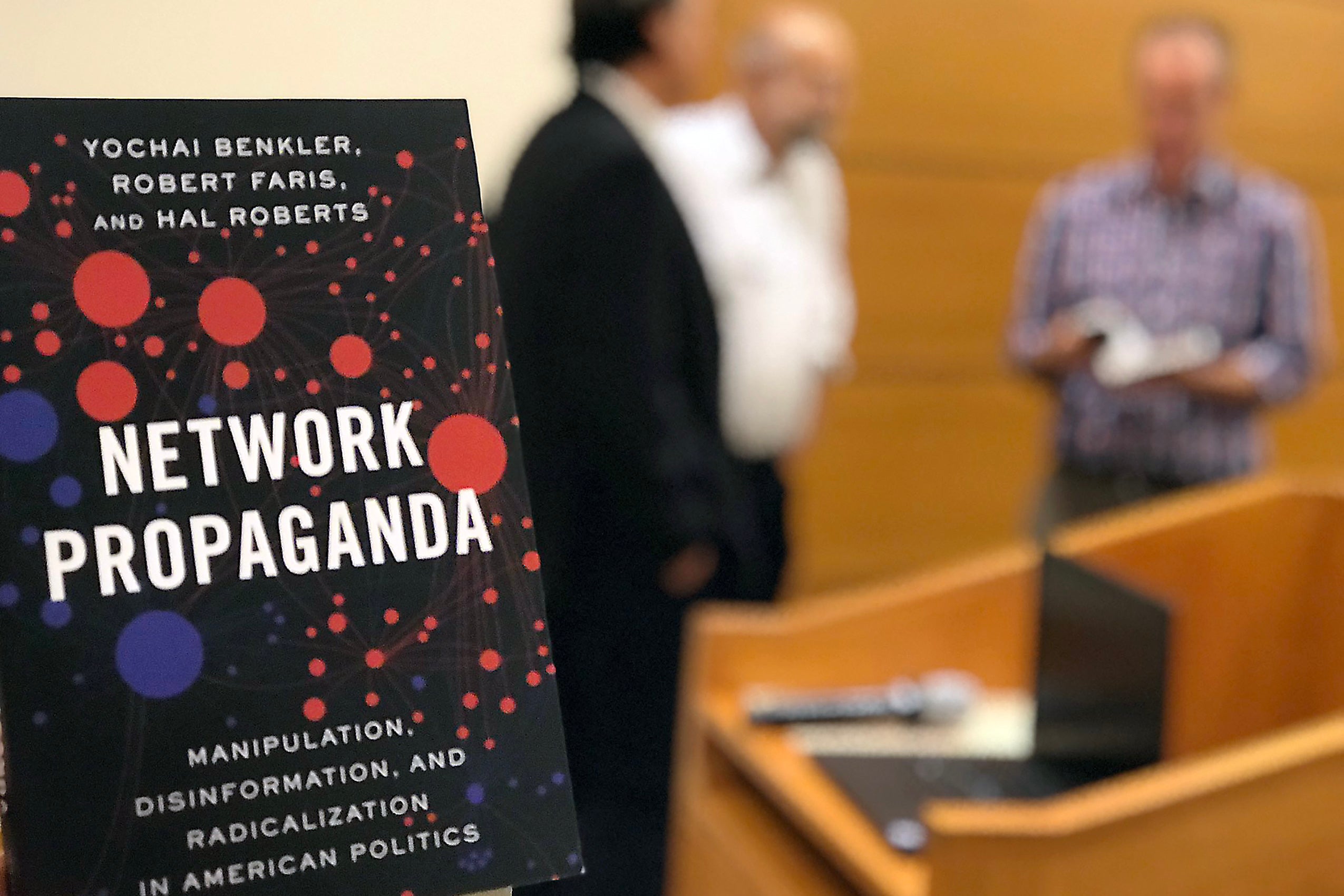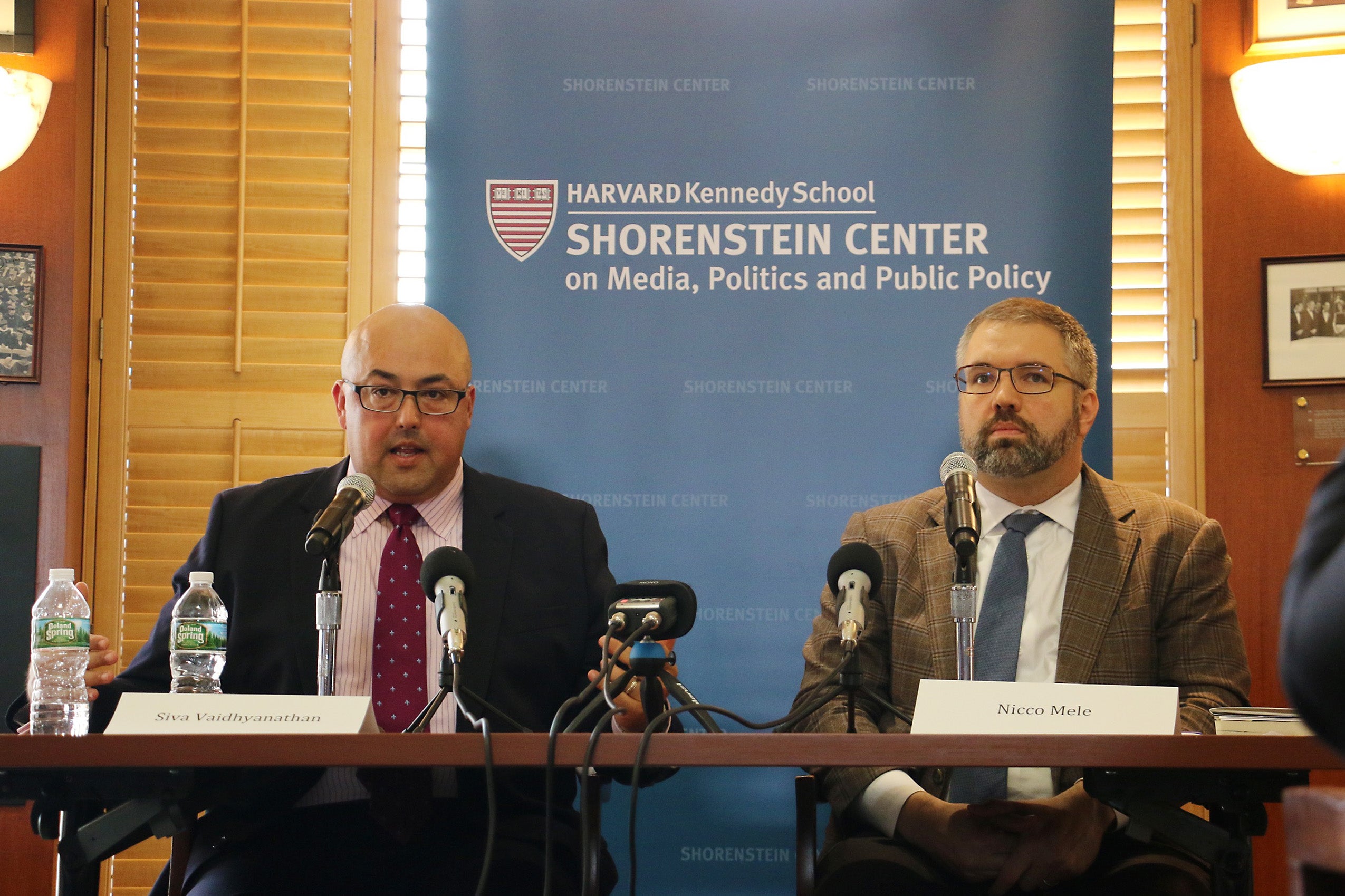Latest from Carolyn E. Schmitt
-
Deconstructing the ‘Karen’ meme
February 3, 2021
It’s a scene we unfortunately see too often now: A white woman pulls out her phone to call the police to patrol Black people in public spaces. They become memes, the kind that are studied by Apryl Williams, a faculty associate at the Berkman Klein Center for Internet & Society.
-
Gaining power, losing control
January 28, 2021
As the 2020 Tanner Lecturer on Human Values at Clare Hall, Cambridge, Harvard Law Professor Jonathan Zittrain explores the clash of free speech and public health online.
-
Political discourse and the 2020 U.S. Election
November 24, 2020
The Berkman Klein Center for Internet & Society researchers Yochai Benkler and Robert Faris document how polarized media in the United States shape political discourse and the 2020 election.
-
‘The Connected Parent’ offers guidance, insight into digital parenting
November 16, 2020
“The Connected Parent,” a new book by John Palfrey ’01 and Urs Gasser LL.M. ’03 is a practical guide for addressing concerns brought on by the COVID-19 pandemic and navigating an increasingly digital world.
-
‘Be the Twitter that you want to see in the world’
November 7, 2020
Ahead of the 2020 presidential election in the United States, experts from the Berkman Klein Center for Internet & Society convened to discuss how platforms are approaching mis- and disinformation and what they can improve going forward.
-
Simulating responses to election disinformation
October 14, 2020
In an effort to combat multiple potential vectors of attack on the 2020 U.S. election, two Berkman Klein Center affiliates have published a package of “tabletop exercises,” freely available to decisionmakers and the public to simulate realistic scenarios in which disinformation threatens to disrupt the 2020 election.
-
Tracing the disinformation campaign on mail-in voter fraud
October 2, 2020
A new report from Harvard Law School Professor Yochai Benkler ’94 and a team of researchers from the Berkman Klein Center for Internet & Society shows that the mail-in voting fraud disinformation campaign—intentionally spreading false information in order to deceive—is largely led by political elites and the mass media.
-
Two clinics at HLS— the Cyberlaw Clinic and the Harvard Immigration and Refugee Clinic—partner on a case involving warrantless device searches at the U.S. border
-
Cyberlaw Clinic turns 20
April 9, 2020
It was 1999 and the dot-com bubble was about to burst. Corporations were scrambling to address new legal challenges online. Napster was testing the music industry. And at Harvard Law School, the Berkman Klein Center was creating a clinical teaching program specializing in cyberlaw.
-
From clinical student to clinical instructor
February 27, 2020
Kendra Albert ’16, former student and current clinical instructor in Berkman Klein Center's Cyberlaw Clinic talks about their takeaways from that experience, their current work, and what they’re the proudest of in their time there.
-
Shedding light on fraudulent takedown notices
December 12, 2019
What happens if bad actors deliberately falsify and submit court documents requesting the removal of content? Research using the Berkman Klein Center for Internet & Society’s Lumen database shows the problem is larger than previously understood.
-
The hidden labor supporting algorithms
July 3, 2019
Berkman Klein Center for Internet & Society Fellow Mary Gray, senior researcher at Microsoft Research, talks about her book “Ghost Work: How to Stop Silicon Valley from Building a New Global Underclass."
-
The “Smart Enough” City
March 20, 2019
"The smart city is ultimately a vision full of false promises and hidden dangers," says Ben Green, an affiliate at the Berkman Klein Center for Internet and Society and author of the forthcoming book, "The Smart Enough City: Putting Technology in its Place to Reclaim our Urban Future."
-
Algorithms and their unintended consequences for the poor
November 7, 2018
Virginia Eubanks recently joined the Berkman Klein Center for a discussion of her book, “Automating Inequality: How High-Tech Tools Profile, Police, and Punish the Poor,” and the impact algorithms can have on different segments of society.
-
A new book from researchers at the Berkman Klein Center, with its origins in a 3-year study of the media ecosystem surrounding the 2016 U.S. presidential election, disrupts the traditional narrative—invoking "fake news,” Russian interference, data breaches and social media—around what contributed to the divisive outcome.
-
Evaluating the impact of artificial intelligence on human rights
September 27, 2018
AI-based tools are increasingly being used by people and organizations in positions of authority to make important, often life-altering decisions. A new report from the Berkman Klein Center for Internet & Society addresses this issue and weighs the positive and negative impacts of AI on human rights.
-
The politics of Facebook and what to do about it
September 19, 2018
While the data firm Cambridge Analytica and questions of data privacy propelled Facebook into the headlines in recent months, Facebook has been under the critical…
